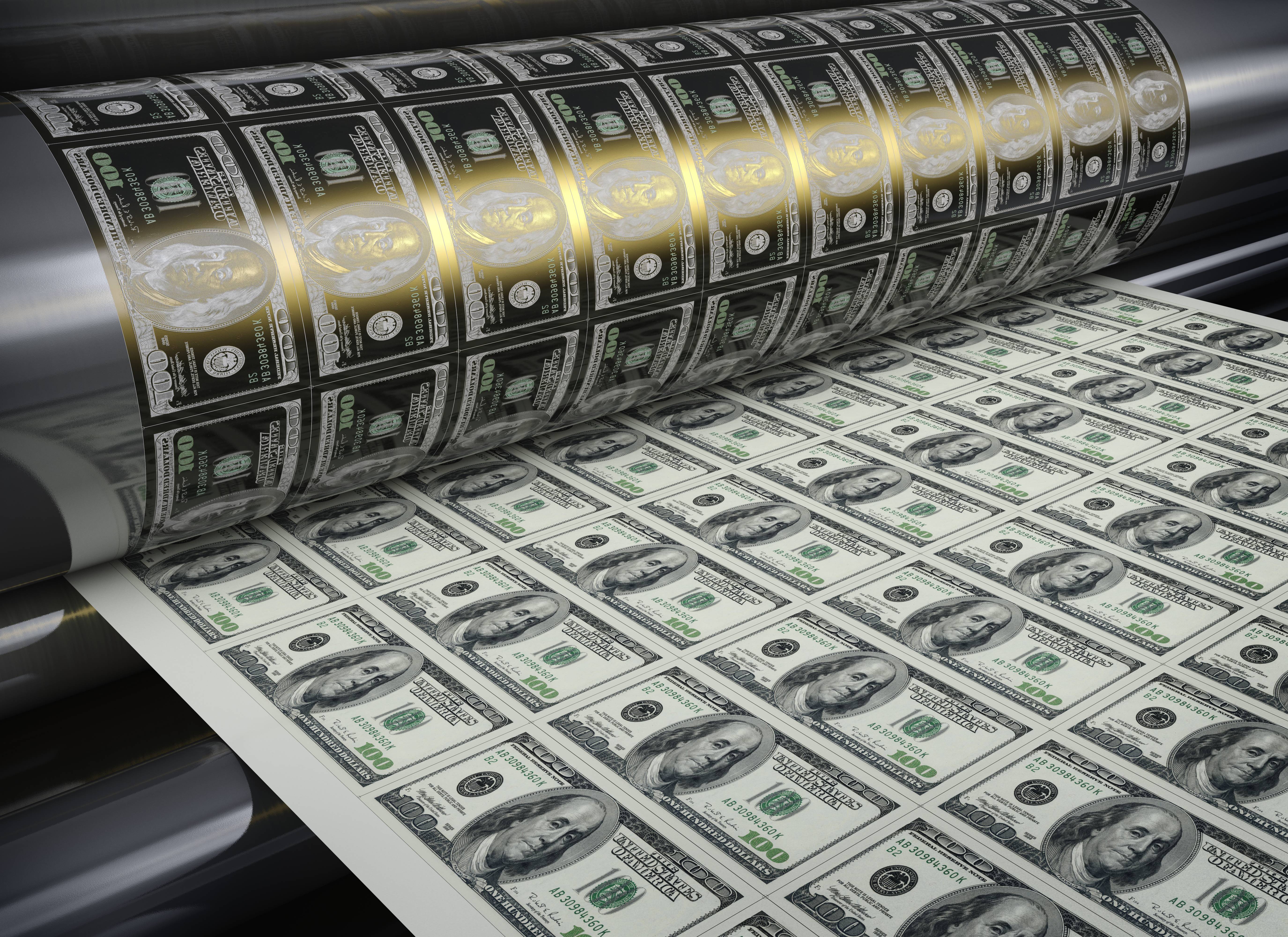
Countries with significant money supply are appealing to investors for long-term investments because they are perceived as more stable and less vulnerable to sudden financial crises.
Countries with high broad money levels are in a good position to attract foreign direct investment (FDI) via its ability to boost investor confidence in Africa, where investment is essential for growth.
Furthermore, when a country has a large money supply, it allows governments greater latitude in formulating policies.
In a nutshell, a strong broad money enables African governments to enact stimulus plans during economic downturns, such as raising public expenditure or loosening monetary policy to promote borrowing and spending.
Governments are better equipped to assist important industries, encourage inclusive growth, and react to economic shocks when there is greater liquidity in the economy.
African nations with high broad money levels often have stronger currencies, as the larger money supply may stimulate demand for local currency when properly underpinned by economic output.
However, there is the risk of sparking higher levels of inflation, when the money circulating in an economy is loosely controlled. This of course can be mitigated by responsible fiscal and monetary policies.
A high broad money level, which represents the whole amount of money in the economy, including currency, deposits, and other liquid assets, is a crucial sign of a nation’s economic health and stability.
With that said, here are the African countries with the highest broad money as a percentage of the country’s GDP, according to the Regional Economic Outlook report by the International Monetary Fund.
Top 10 African countries with the highest money supply in 2024
| Rank | Country | Broad money (% of GDP) |
|---|---|---|
|
1. |
Mauritius |
129.1 |
|
2. |
Cabo Verde |
90.9 |
|
3. |
Seychelles |
88.8 |
|
4. |
South Africa |
72.5 |
|
5. |
Namibia |
63.7 |
|
6. |
Senegal |
55.7 |
|
7. |
Burundi |
55.6 |
|
8. |
Togo |
51.0 |
|
9. |
Mozambique |
48.3 |
|
10. |
The Gambia |
45.4 |










